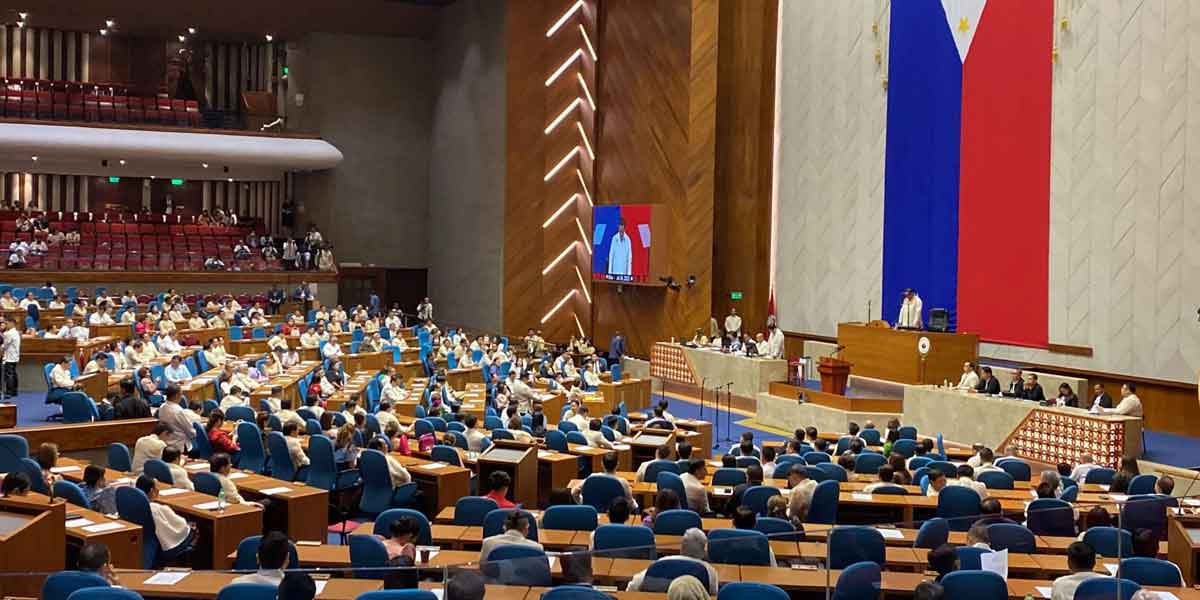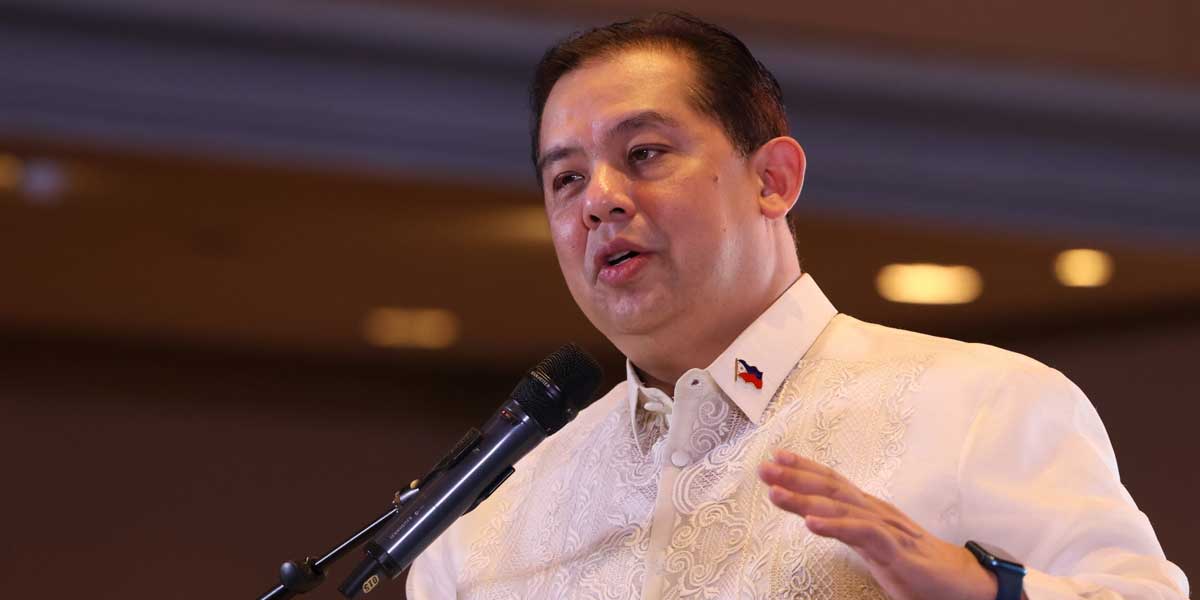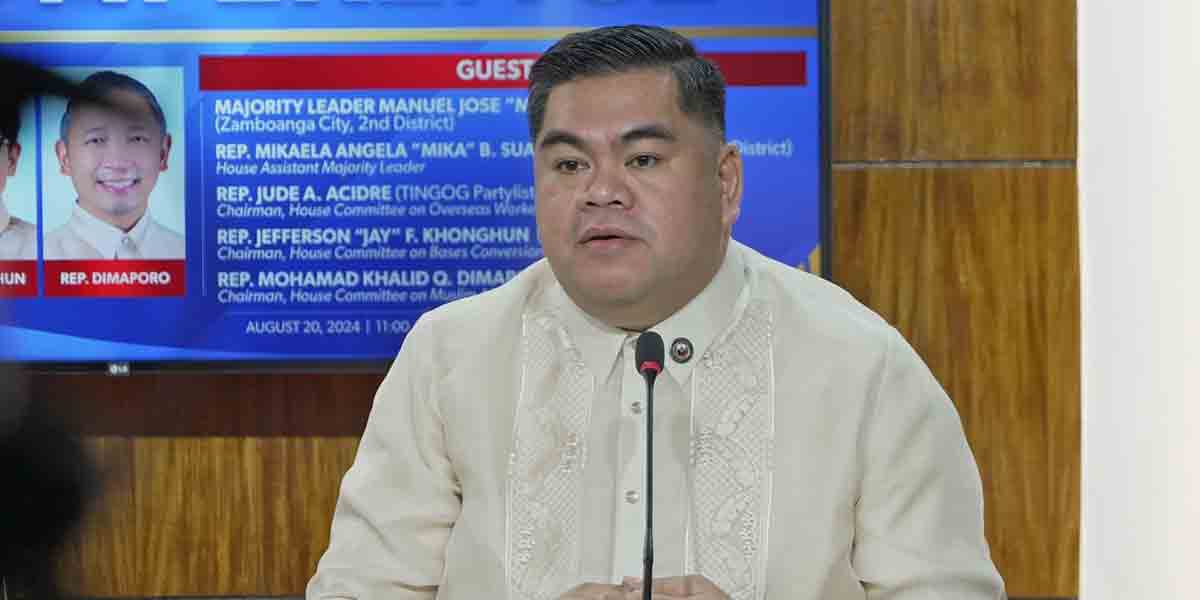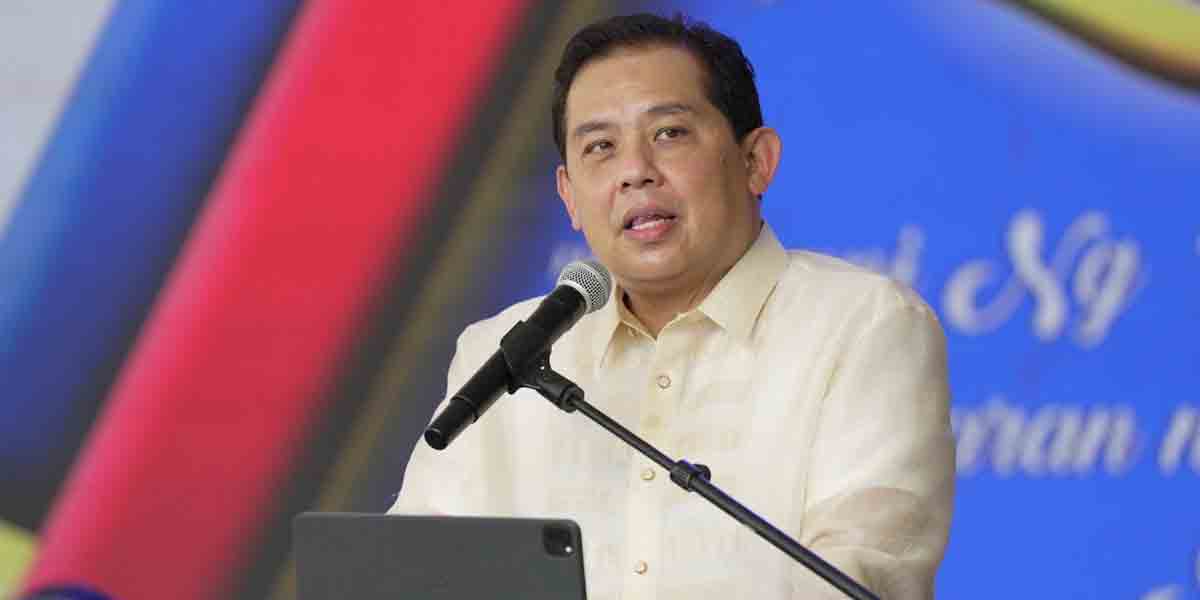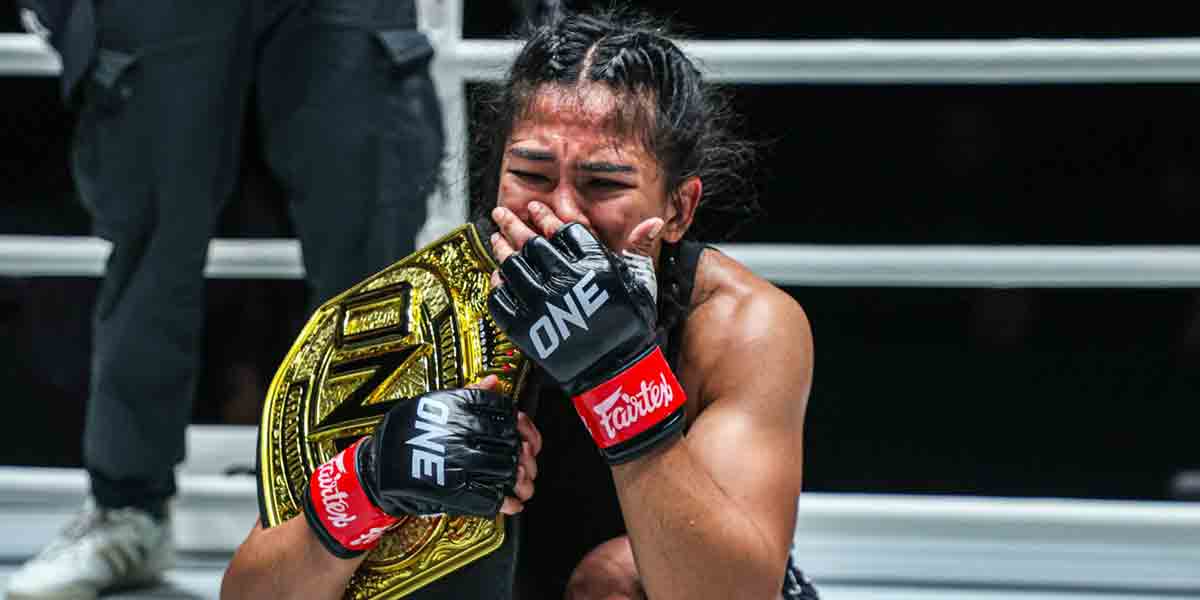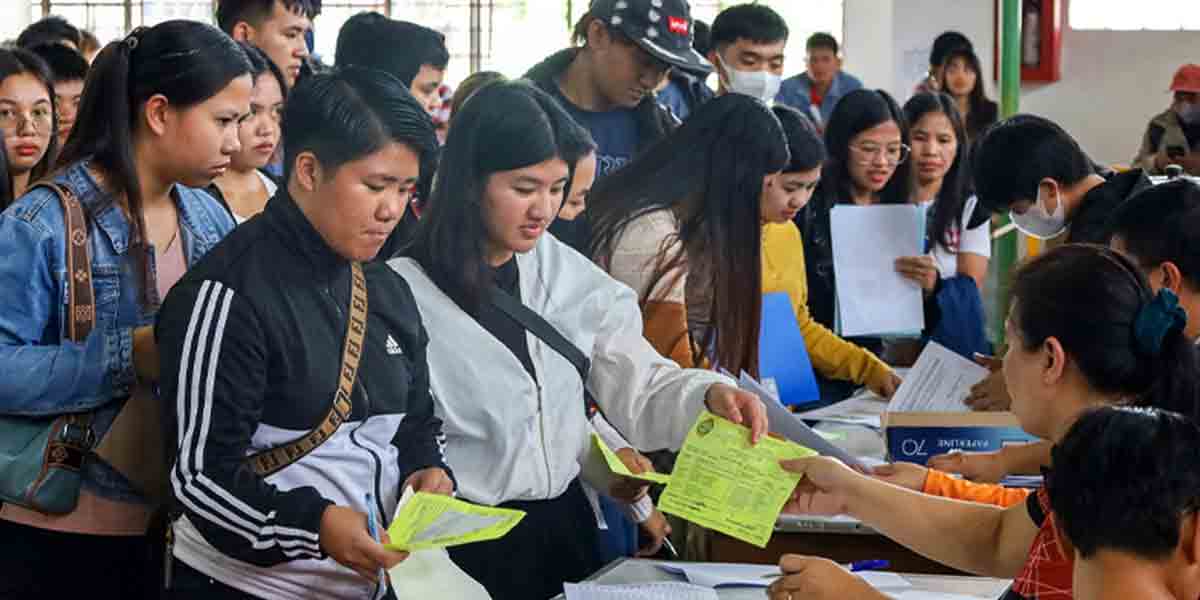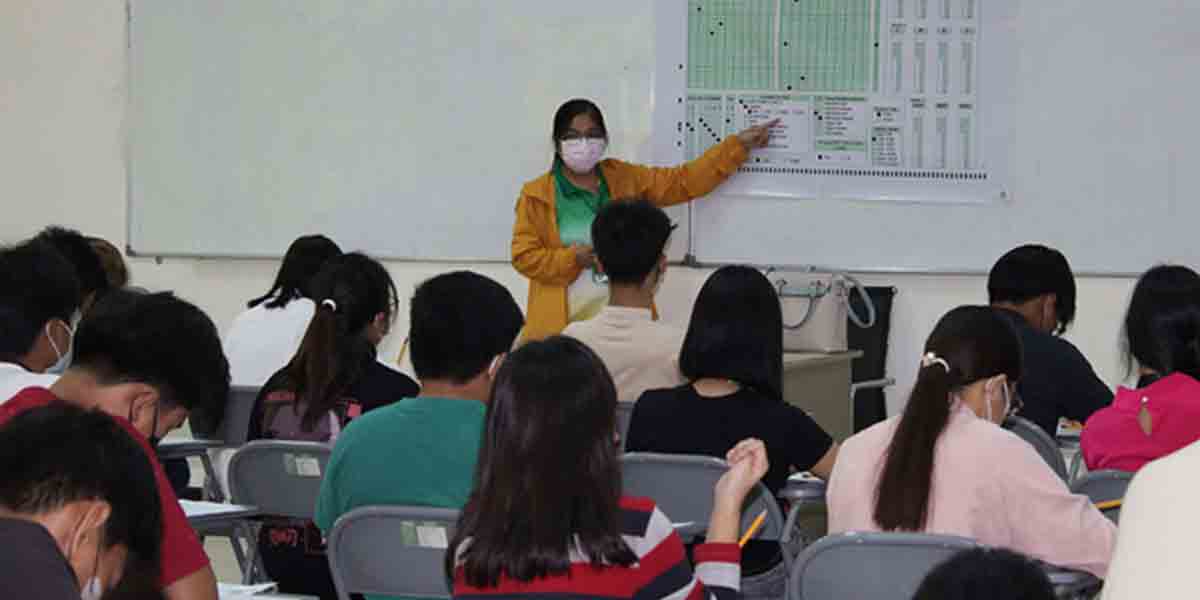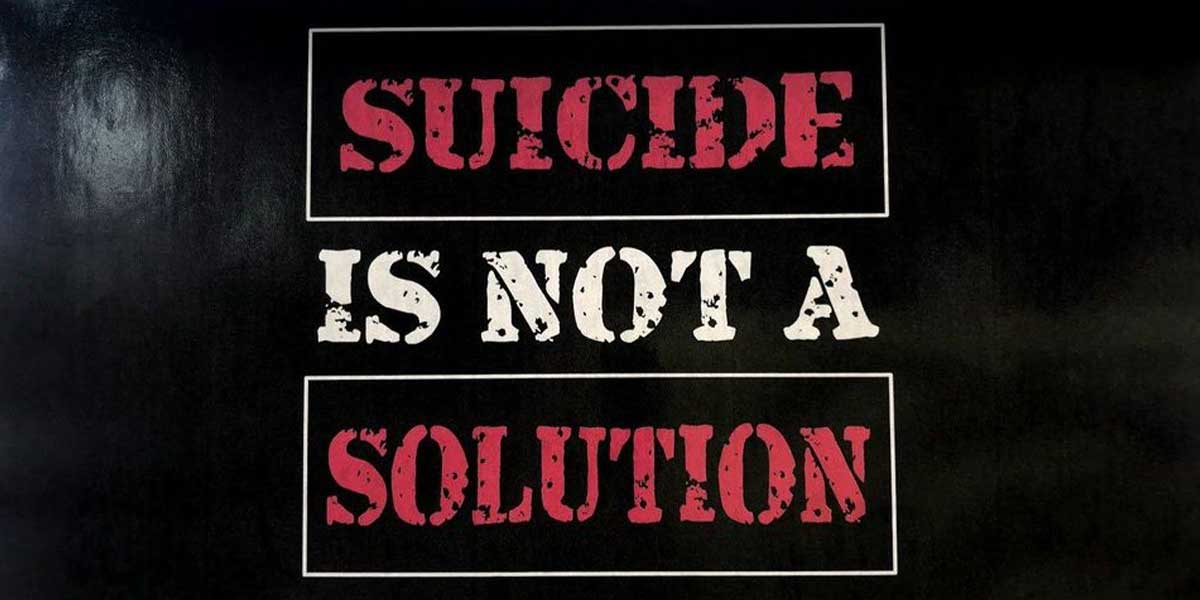By Artchil B. Fernandez
China’s shabby treatment of the Philippines when Du30 was president remains a puzzle for many political observers and experts. Pundits believe China missed a crucial opportunity with the manner by which it handled the Philippines when Du30 was still in power.
Du30 upended Philippine foreign policy with his pivot to China and hostile attitude towards the United States (US). Hardly had he warmed up the presidential seat when Du30 called then US President Barack Obama “son of a whore” while responding to a question about the critical stance of the US government on human rights and extra-judicial killings under his regime. Obama responded by cancelling a meeting with Du30. This happened when Du30 was only two months in office.
Throughout Du30’s six-year rule, the Philippines and the US had an uneasy relation. Du30 sustained his negative posture towards the US while in office. Whenever an occasion or an opportunity arises, Du30 would say unpleasant things to America. At an ASEAN summit, Du30 publicly reminded the US (replete with photos) of Bud Dajo massacre which happened on March 7, 1906 where 1,000 Filipino Muslims were killed by US soldiers. In another instance, Du30 raised the Balangiga massacre in 1901 where residents over the age of 10 were ordered killed by US General Jacob Smith in Samar.
Six months in office, Du30 made his boldest move against the US by threatening to abrogate the Visiting Forces Agreement (VFA). The non-renewal of a grant from the Millennium Challenge Corporation, a major US aid package to the Philippines due to concerns for the “rule of law” in the country provoked Du30’s anger. He did not carry out the threat after then US President Donald Trump visited the country. The threat of abrogation was repeated by Du30 in early 2020 over the cancellation of Bato de la Rosa’s US visa. Steps were actually taken for the abrogation of the VFA but Du30 halted the process towards the end of term due to strong pressure from the Philippine military.
While Du30 was moving away from the US, he pivoted to China. While he never visited the US, China was his favorite hang-out. Du30 constantly praises China and jokingly offered to make the Philippines a Chinese province.
Among ASEAN leaders, Du30 was the most captivated with China. He behaves like a fan-boy of China, a teenager with a huge crush on the giant behemoth. Du30’s admiration of China borders on fanaticism. He willingly over-looked Chinese theft of Philippine territory and harassment of Filipino fishermen in the West Philippine Sea to please his idol. No Philippine leader had publicly displayed such blatant servility to a foreign power than Du30.
In global geopolitics, Du30 proposed a tripartite alliance between China, Russia, and the Philippines. “Three of us against the world,” Du30 publicly fancied told the superpowers. Philippines has no strategic value to Russia, so Putin acted as if he heard nothing despite Du30’s public admiration of the Russian autocrat. China did not even bother to take a look at Du30’s proposal.
Despite Du30’s embarrassing display of affection to China, almost to the point of making a fool out of himself, Chinese response was cold, bland and stale. This is most surprising and intriguing to many analysts. It is in dealing with the Philippines under Du30 where China stumbled and made a grievous error.
Du30’s subservience had given China a golden opportunity to gain a foothold in the Philippines and upend US-Philippine alliance. Yet China failed to take advantage of the rare opportunity. Despite having the most pro-China administration in the Philippines, China continued to treat the country like a doormat.
Instead, Du30’s meekness made China arrogant and amplified its bullying of the Philippines. China continue to roughshod the Philippines under Du30, intensified its theft of the country’s territory complemented by its maritime militias stepping up their attacks on hapless Filipino fishermen by running over their fishing vessels.
China also played around with Du30 instead of providing genuine support to his administration. China’s $24-billion investment promise did not materialize. It even penalized the Philippines by banning the country’s banana export to China despite having a Du30 running the nation. Why mistreat a “friend” and “ally?” Perplexing!
Punitive and hostile attitude of China towards the Philippines succeeded in driving the country away from Chinese arms and solidified anti-China sentiment among Filipinos. Had China treated the Philippines nicely under Du30, it could be harvesting dividends now. Its hardline policy towards the Philippines forced Du30’s successor, Bongbong Marcos (BBM) to recalibrate Philippine foreign policy by repairing and strengthening Philippine-US alliance. China’s misguided, arrogant and irrational tactic to a Du30-ruled Philippines badly backfired.
Under BBM, China continues to maintain it erroneous tactic and mistaken approach towards the Philippines. Reacting to the current joint-military exercise between the Philippines and the US, China continues to bully the Philippines. It warned the country of the fate of 150,000 overseas Filipinos in Taiwan unless the Philippines make an explicit position opposing Taiwan’s independence. Had China not learned from its wrong approach towards the country when Du30 was still president? Why is China keep on insisting this erroneous tactic? It did not work before under Du30 who is China-friendly. It will not work, not today.
China must re-assess its policy and tactic toward the Philippines especially during the time of Du30 instead of continuing the badly flawed approach. To insist on the error will only deepen Filipinos’ hostility towards China.

